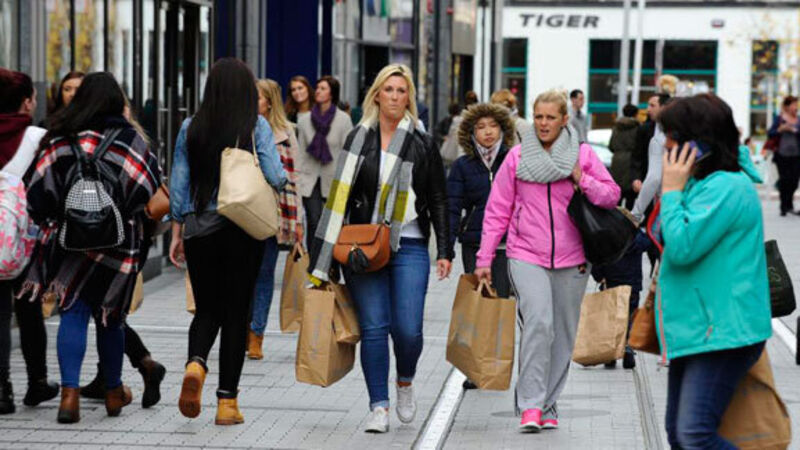BUDGET 2016: What’s wrong with a giveaway budget? I’m finally hopeful

I know what you’re thinking — it can’t have been easy to contribute to budget policy from a pram.
Joking apart, it seems to me that our political culture hasn’t changed one whit since then.















